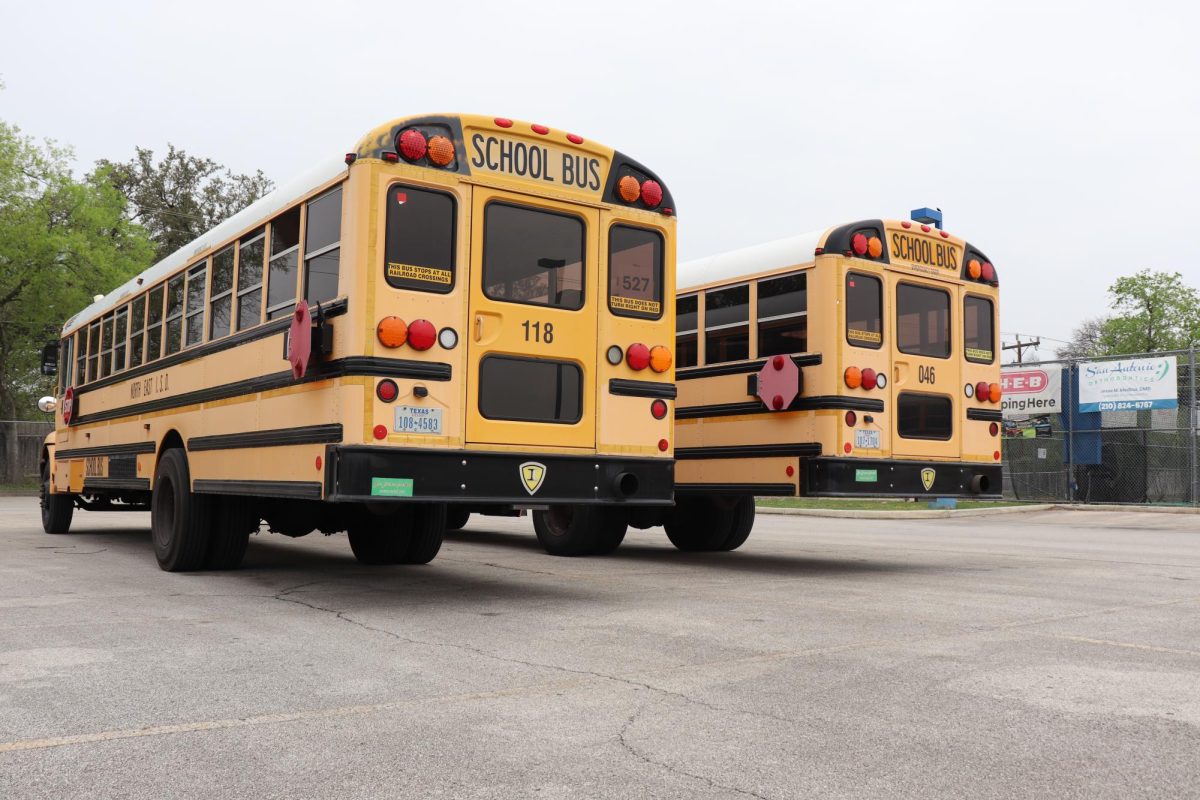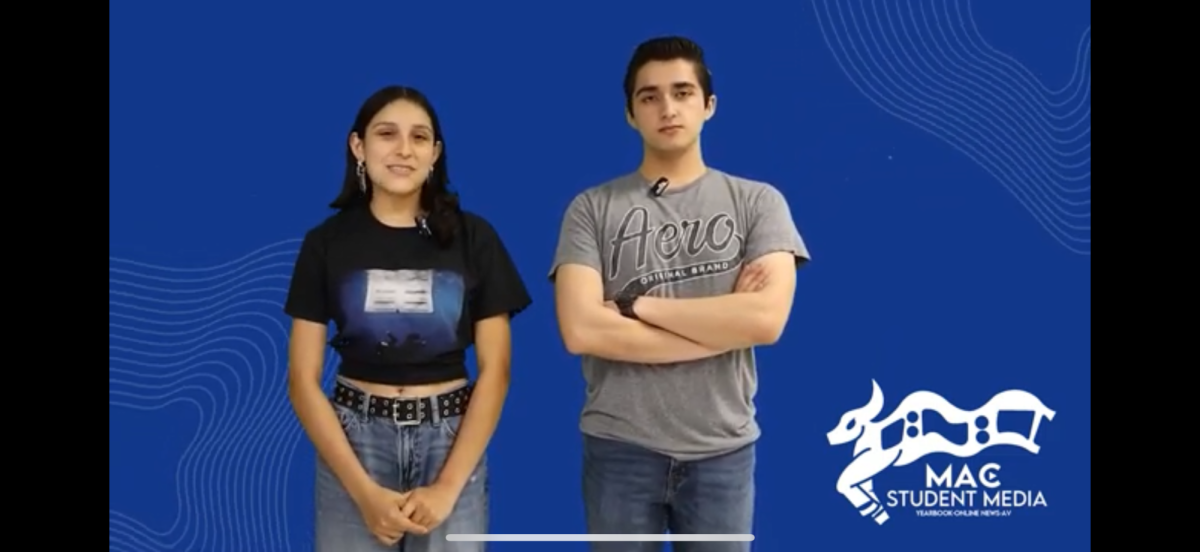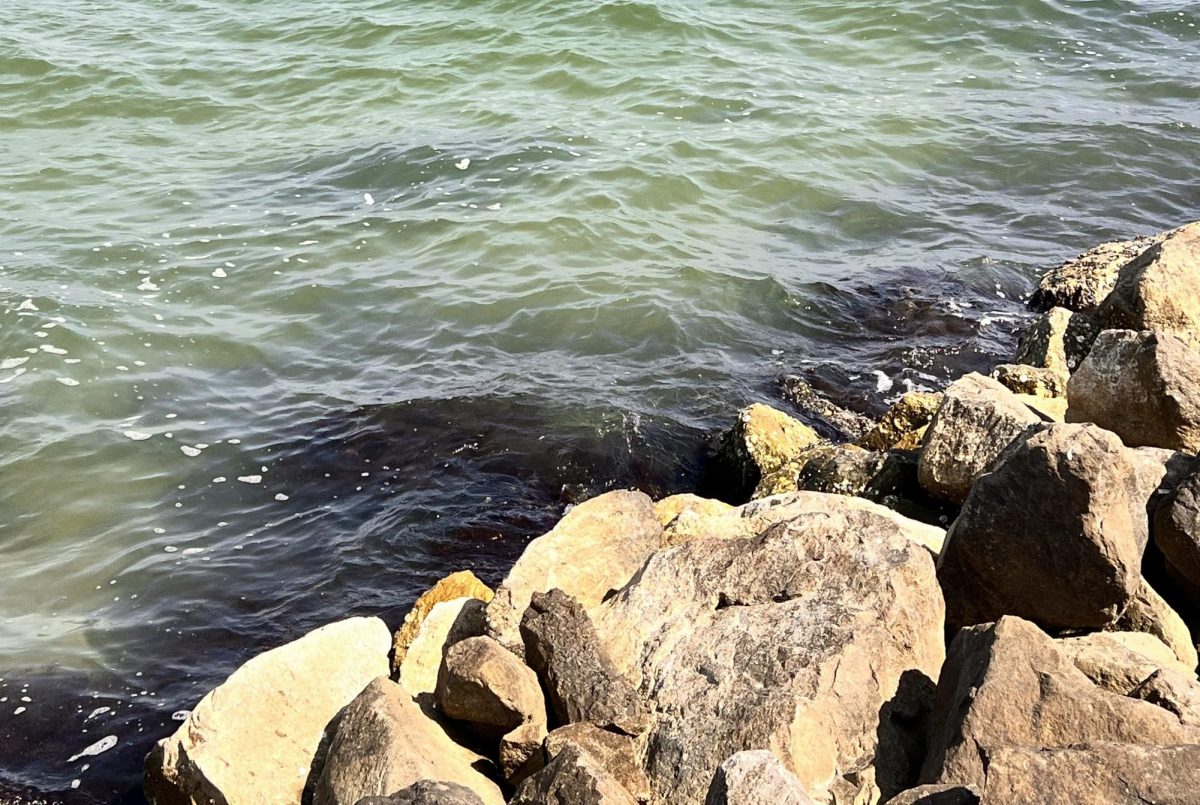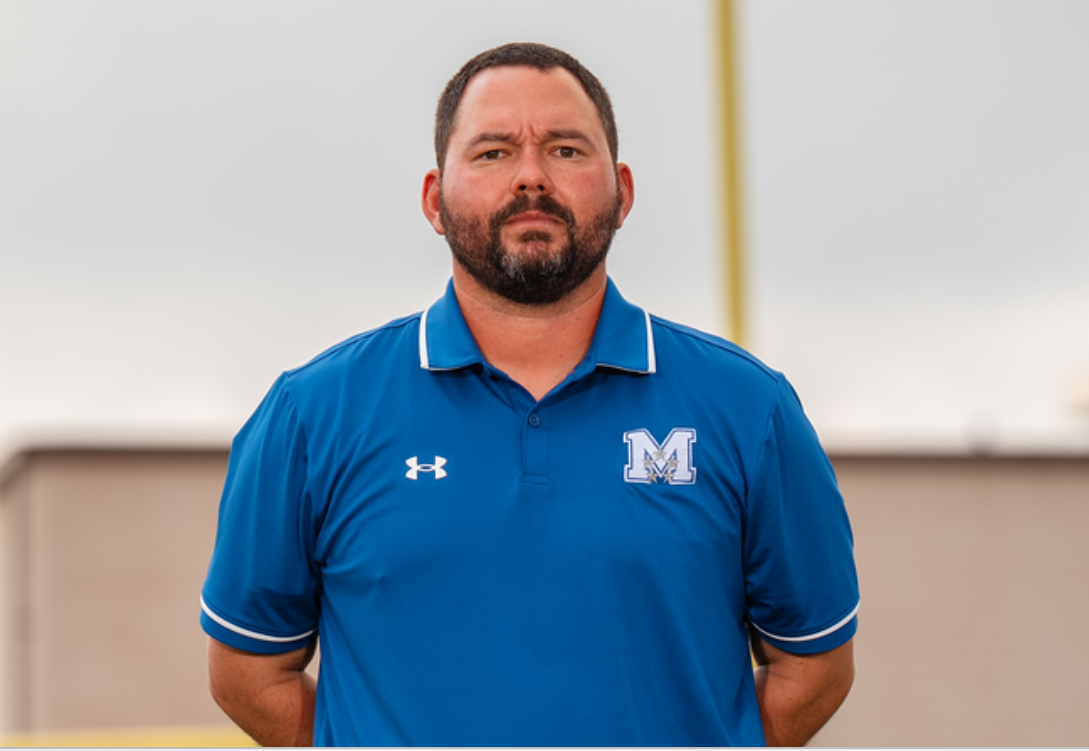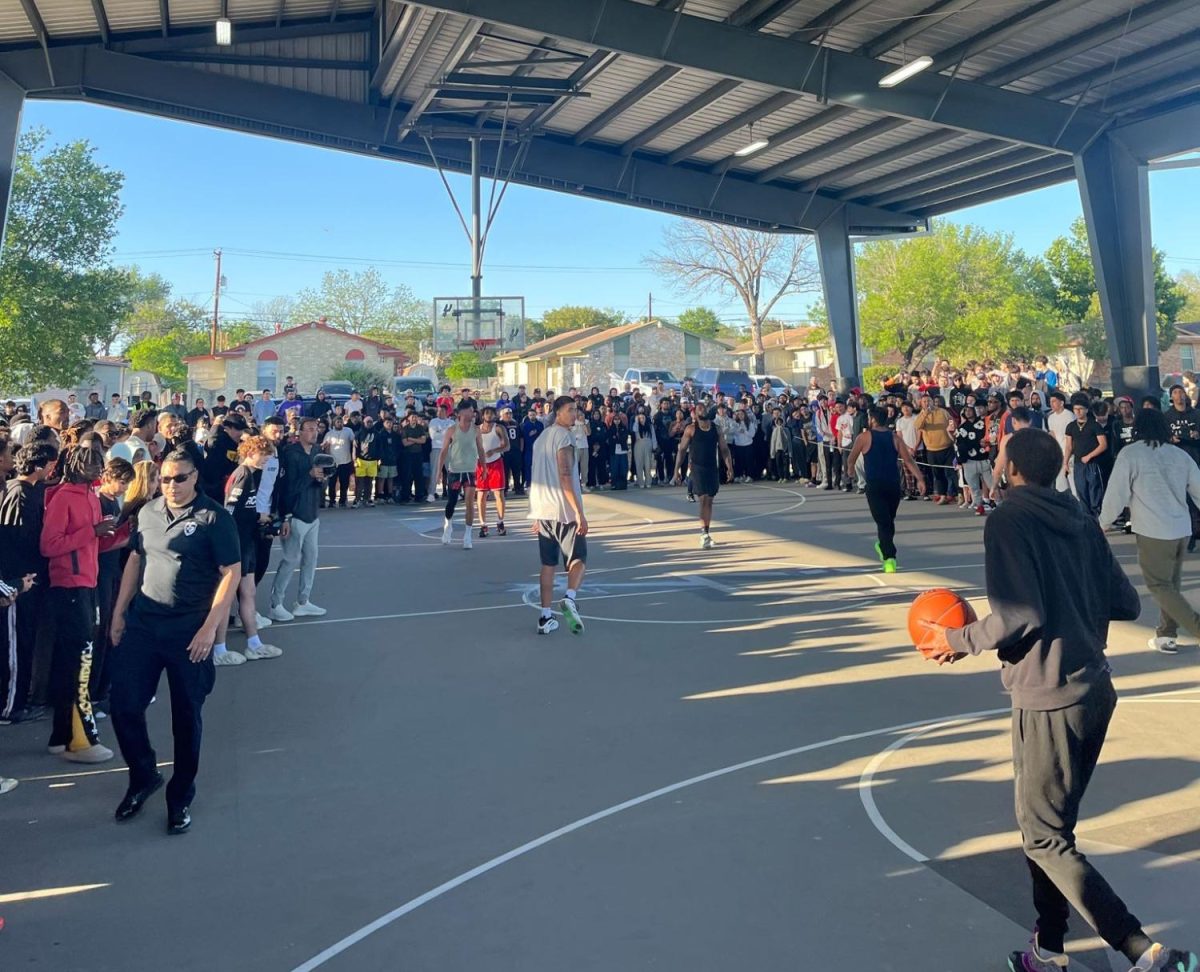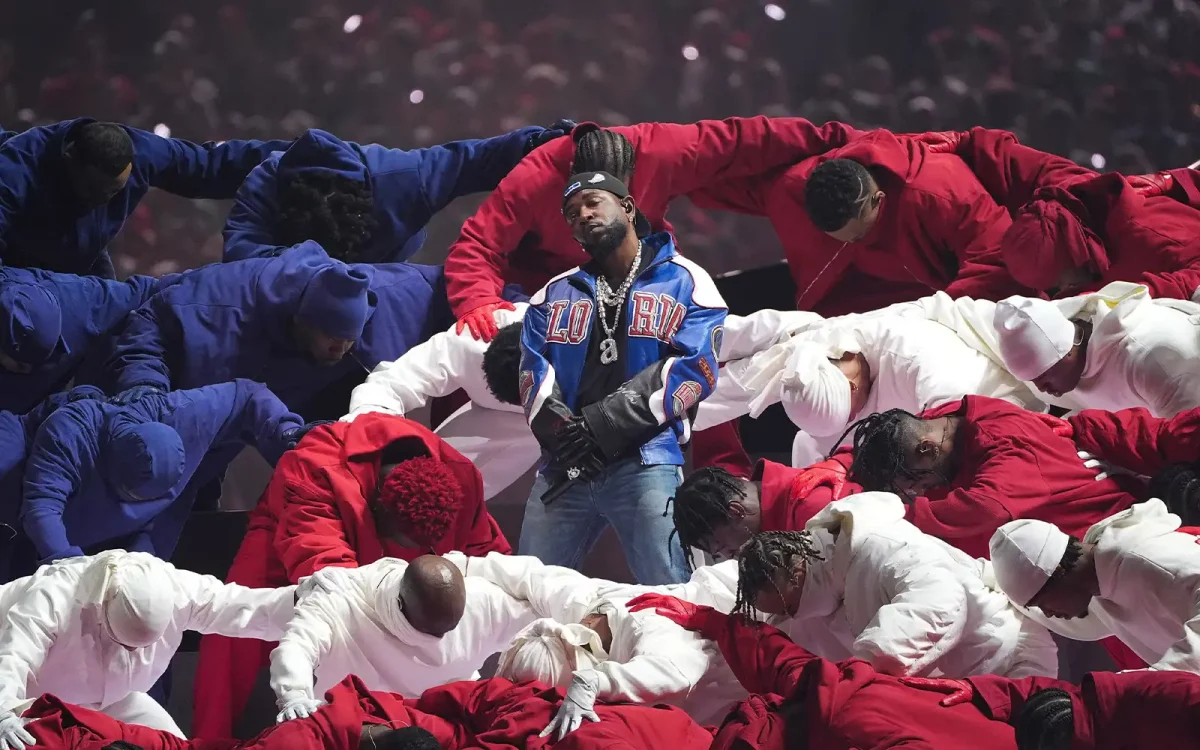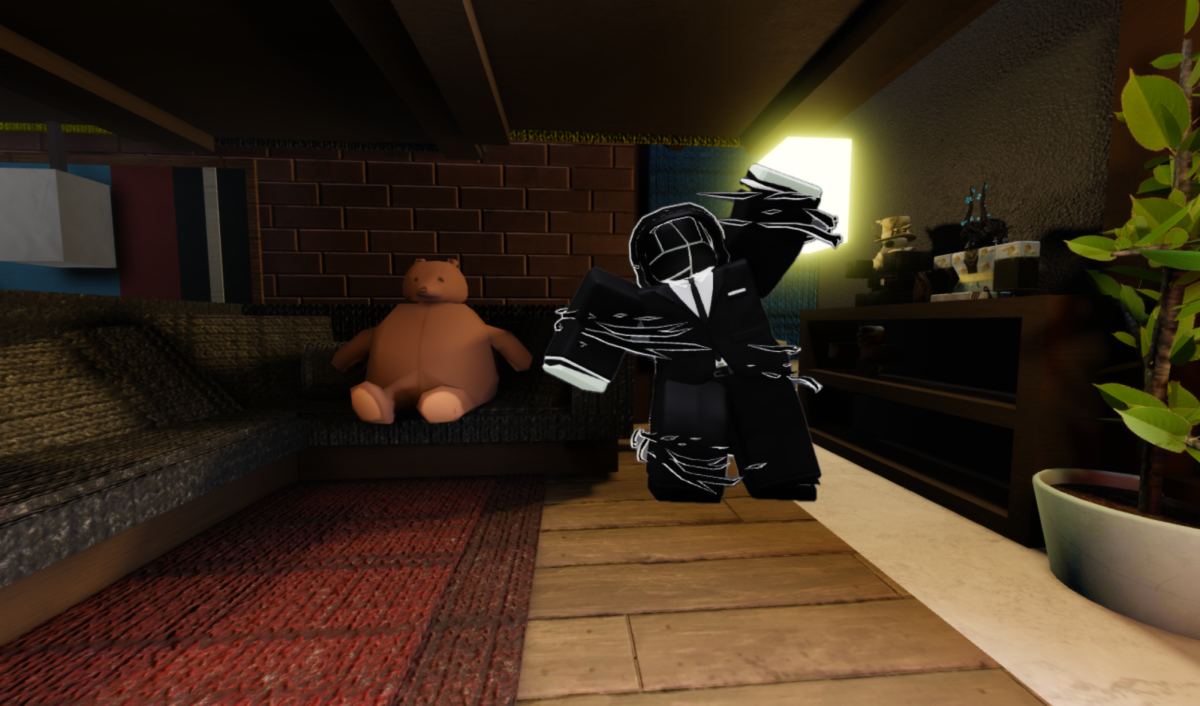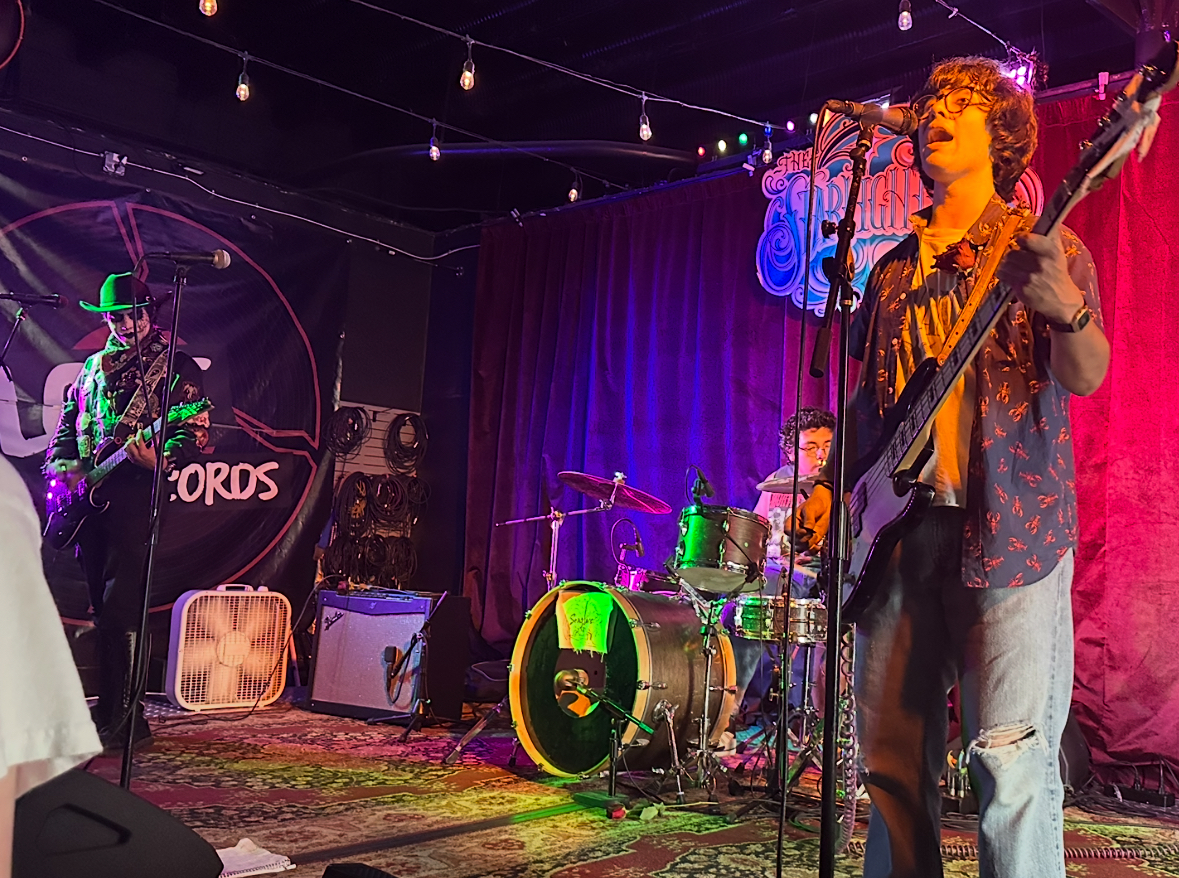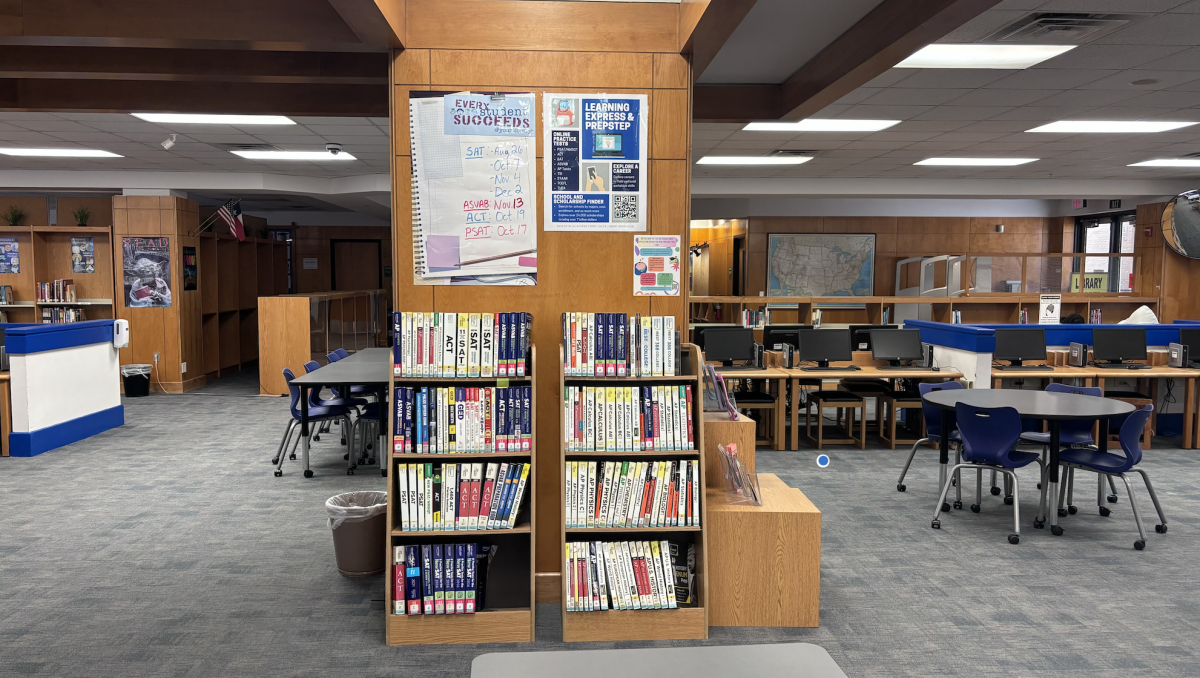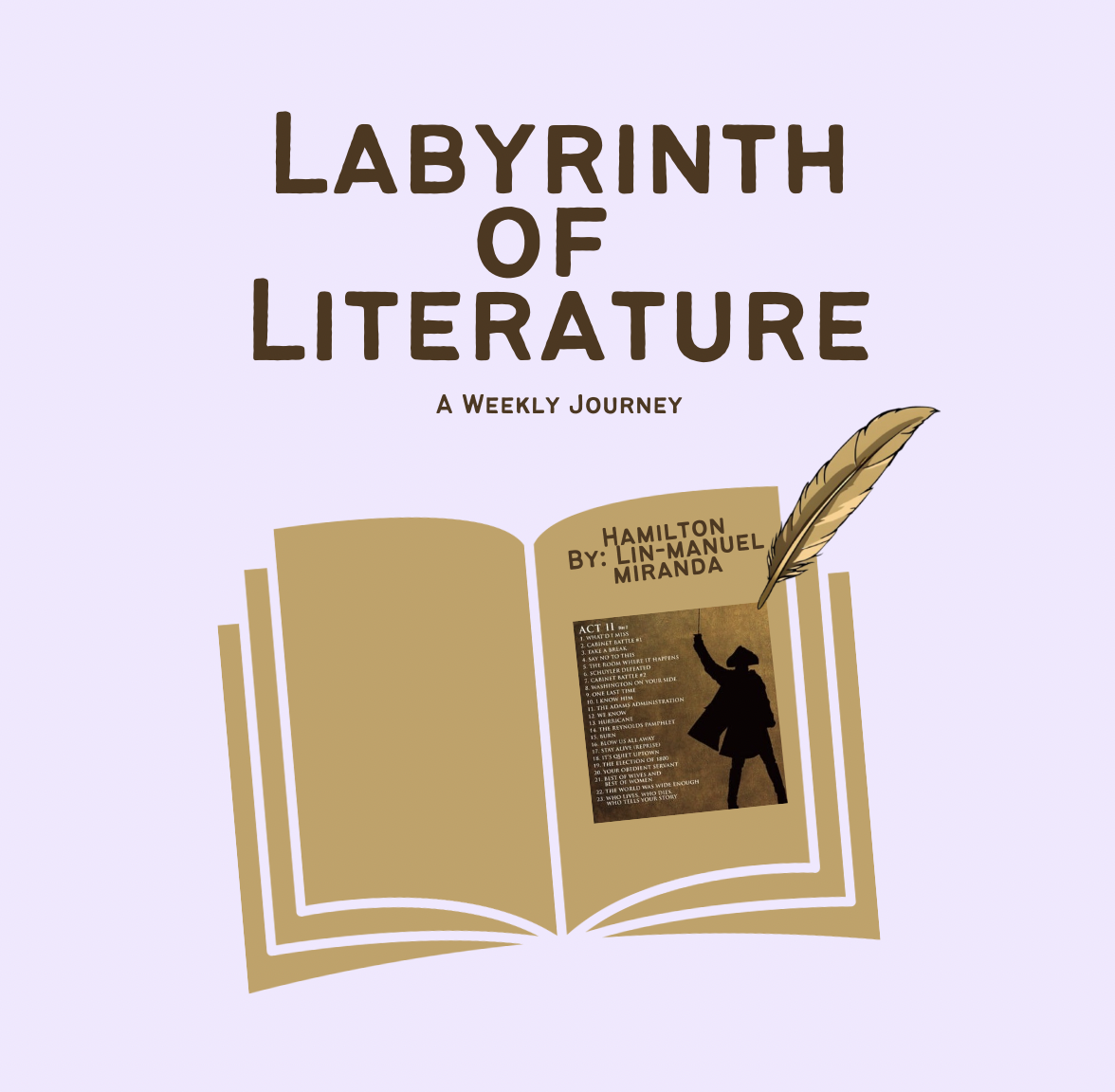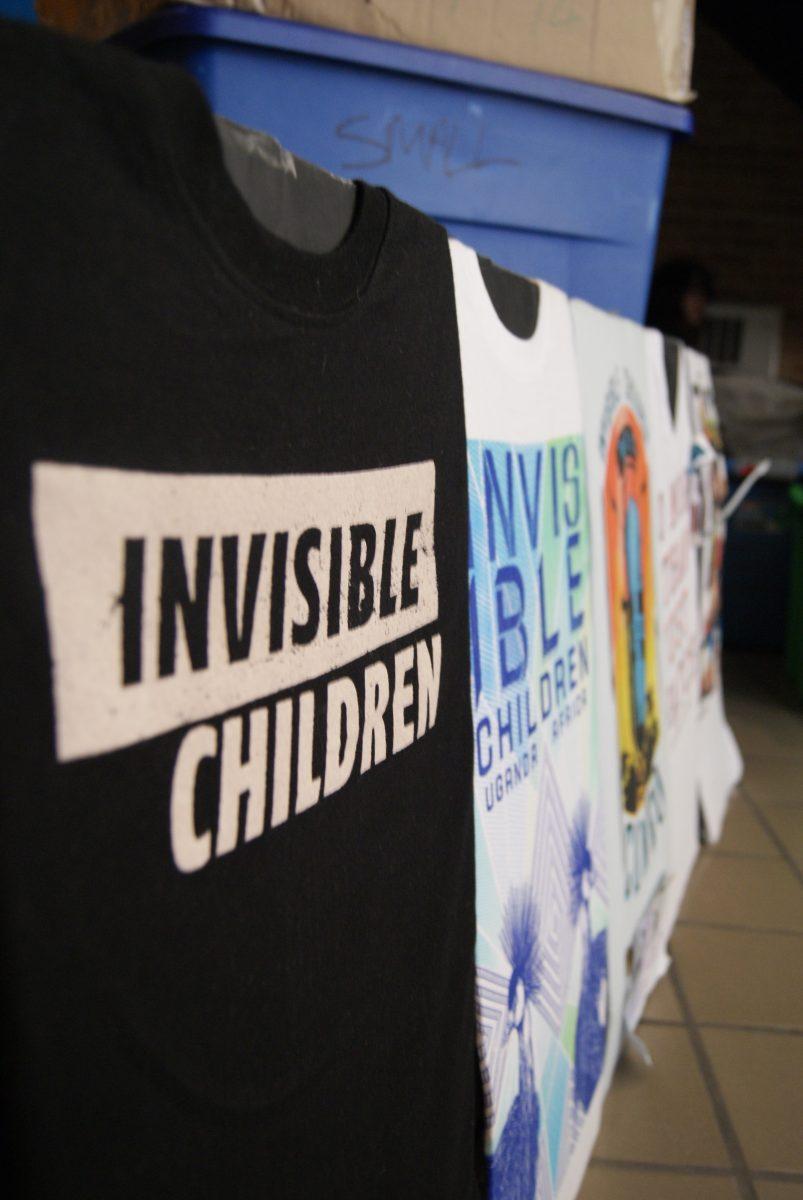
Life’s sanctity is often disvalued. That assertion was tested on Friday, February 25, as the Invisible Children Inc. arrived on campus to promote “The Congo Tour”, in hopes to raise awareness about the unrest in the civil war-torn regions of Uganda, the Democratic Republic of the Congo (DRC), and the Central African Republic (CAR).
Launched in the spring of 2003, Invisible Children is a social, political, and global movement aiming to stop Joseph Kony and the Lord’s Resistance Army (LRA) in advancing throughout areas in Africa, along with halting the mistreatment of child soldiers and enforcement of women prostitution. The term “invisible children” is based upon the realities of isolated children avoiding any approaches from the demeaning child militias. Focusing solely on story to motivate others, at least one of the “roadies” on this national campaign tour includes a native from the region. For this particular tour, a Ugandan woman by the name of Agnus was a special guest.
At just 25, Agnus continues to share her personal accounts on the effect Kony and the LRA’s near 25 year-long war has had on her life. I was fortunate enough to gather such an intriguing perspective on her past hardships.
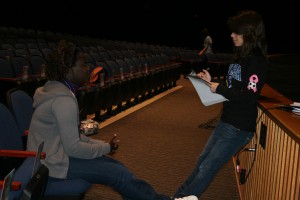
“It was very hard staying in a war-zone area [such as Northern Uganda], because by the time the LRA ambushed my [Acholi] village in 1993, their massive killings left so many people dead, including my two sisters. My two parents were injured and I was left alone with my grandmother,” Agnus said.
It was already enough for her to cope with the loss of her sisters, but that didn’t mean that all hope was lost.
“I didn’t give up on life, because I knew my future was in my hands, so I took my education seriously. I had gone to camps with my grandmother [following the ambush]. After [my parents] were released from the hospital, they met us there. We often did small labor so we could eat,” she said.
Already the Invisible Children campaign has impacted the people of Uganda through their immeasurable relief efforts, which include school programs and savings associations.
“[Invisible Children has] done so much [in Uganda]. People have gone back to their villages and away from the camps. They came to extend the level of education in villages, so children are also coming to school. And there are no more mutual killings in the jungle,” Agnus said.
Their next project, the Congo Initiative, directs aid into the new war-afflicted victims of the Congo and the Central African Republic. Agnus recognizes the significance of ending the civil unrest spreading in these areas.
“Out of my experience, I know how it means to be in a war-zone area. It’s my responsibility to walk these invisible children and bring awareness about the long-driven war, especially in the Congo now,” she said.
As a member of her favorite and first Invisible Children program, the Legacy Scholarship Program, Agnus aspires to offer what she lacked during her own times of tremor and fear.
“The Legacy Scholarship Program provides education and mentoring aspects to children to give them psychological support with all the trauma they’ve experienced. I am a mentor myself, and have a degree in child psychology,” Agnus said.
Her feelings regarding the Ugandan government’s calls to action on the Kony’s advancement of forces remain uncertain, much like the rest of the population.
“I can’t blame the government because they’re doing all they can. They’re looking for peace talk, but the Kony refuses. Nobody knows what he wants, why he’s doing this,” she said. “For me, I feel like he’s trying to get more forces, that’s why he’s gone to the Congo: to abduct more children.”
She does have hope though, in Invisible Children’s proposition to construct radio towers, warning natives of the LRA’s movements ahead of time.
“When the LRA operates killings in one village, it takes months for others to let them know. Invisible Children hopes to save lives and warn them in advance for surprise attacks,” Agnus said.
The main struggle in America isn’t so much that the people in Uganda and the Congo aren’t receiving enough assistance, but rather convincing civilians that this current situation is indeed relevant to them. A majority of Friday’s audience consisted of people younger than the war itself.

“No child has to leave in fear of being abducted or taken into the jungle. [We must all take part to] end this war, so each child can live in peace,” she said.
Still through all the torture she’s undergone, Agnus remains optimistic about resolving that issue by saying, “we are all one peace; we are all one world.”

New opportunities to partake in a renowned international movement include Invisible Children’s “25 Campaign”, in which campaigners silence themselves for a full 25 hours on April 25 to speak out on the anniversary of the war’s beginning. For more information, be sure to check out www.invisiblechildren.com.
